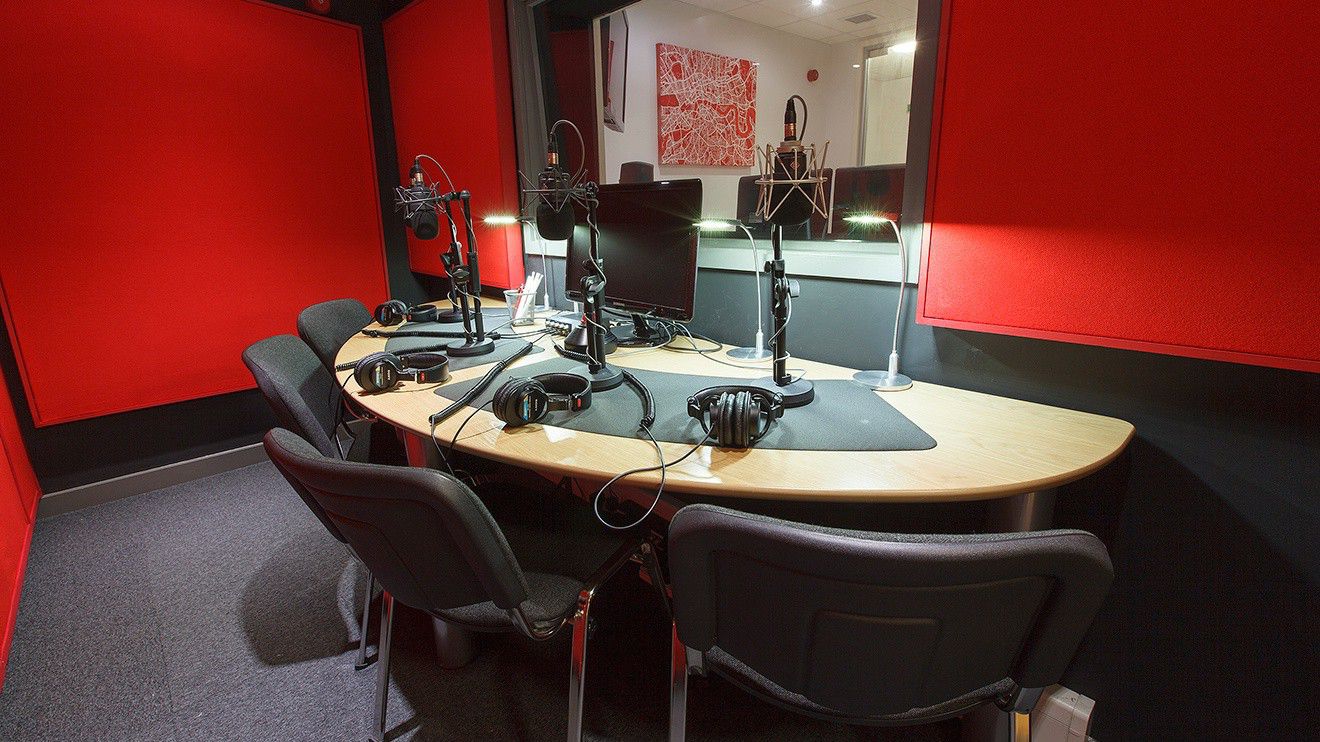A majority of Kenyans find content aired on local TV and radio stations offensive, an interesting study by the Communications Authority of Kenya.
According to the survey commissioned, seven out of 10 respondents do not like sex topics during the day as well as violence and use of coarse language. The study released yesterday appears to justify and set the stage the communications regulator’s crack down on broadcasters ahead of the July 1 for media houses to work within a tight code of ethics that seeks to protect children from adult content.
Media observers and owners will find the findings hard to digest as viewership and listenership ranking shows sex topics attracting the highest audience after prime time news. And some of the radio stations fingered as thriving on sex talk such as Classic FM are among the top in viewership numbers.
According to the study, at least 74 percent of the respondents cited sex content on radio as offensive. Footage of violence on TV got 68 per cent disapproval, while ‘bullying’ of the audience on air had 65 per cent.
From July 1 broadcasters must comply with a new programming code that guides what should be aired on Free-To-Air (FTA) stations.
The code requires that at least 60 per cent local content. Those who fail to comply risk fines of up to Ksh20 million in what will be a choice between the fine and using local programmes that may not attract larger audience.
It will level the playing field, especially among TV stations and Citizen TV could suffer as local programmes remain its competitive edge that has seen it rise to number one in less than five years. Media houses will be forced to invest more in local producing local programmes, which will cost them millions but create market for the local film industry.
Local TV stations have been buying foreign programmes especially from Hollywood and now Bollywood and Nollywood which have found huge viewership in Kenya.

Local programmes are expected to have less sexual and violent content. Respondents also said they are concerned that use of strong language, swearing, explicit sexual content will have a negative effect on their children’s morality and growth. Other than reflecting the society, respondents want the media to also play an important role in ‘setting standards’ for the same society.
SEE ALSO: Why prominent journalists are getting guns
“Use of offensive language before children sets a bad example and denotes lack of respect,” says the research conducted by Momentrum Consulting Africa. CA Director General Francis Wangusi said media houses that fail to comply with the programming code may also lose their licences.
Code must be enforced
The code bans sex talk and airing of explicit or violent content during the watershed period, between 5am and 10pm. In a statement read on his behalf by CA’s head of legal John Omo during a forum for communications stakeholders, Mr Wangusi said there was no going back on the new regulations. “The grace period agreed comes to an end in June then we will enforce the code,” he said.
The study also comes against a backdrop of increased official activity by the Kenya Film Classification Board to regulate content.
Music lyrics and videos, intrusion into people’s private lives and sexual content on TV all received a 78 per cent disapproval. A large section of the audience feel radio programmes are getting worse.
A majority of the 2,166 respondents (76 per cent) are unhappy with stereotyping, which they believe is getting worse in the media. Portrayal of sex got a 74 per cent disapproval. Also, respondents had a big problem with advertising as well, which they gave 72 per cent disapproval. “The amount of airtime allocated to political propaganda and the rates to be charged for it shall be consistent to all parties and candidates,” the code declares.


















































![Pula Co-Founders and Co-CEOs, Rose Goslinga & Thomas Njeru. Pula provides agricultural insurance and digital products to help smallholder farmers manage climate risks, improve farming practices and increase their incomes. [ Photo / Courtesy ]](https://businesstoday.co.ke/wp-content/uploads/2021/01/Pula-Co-Founders-and-Co-CEOs-Thomas-Njeru-Rose-Goslinga.jpg)




























































Leave a comment